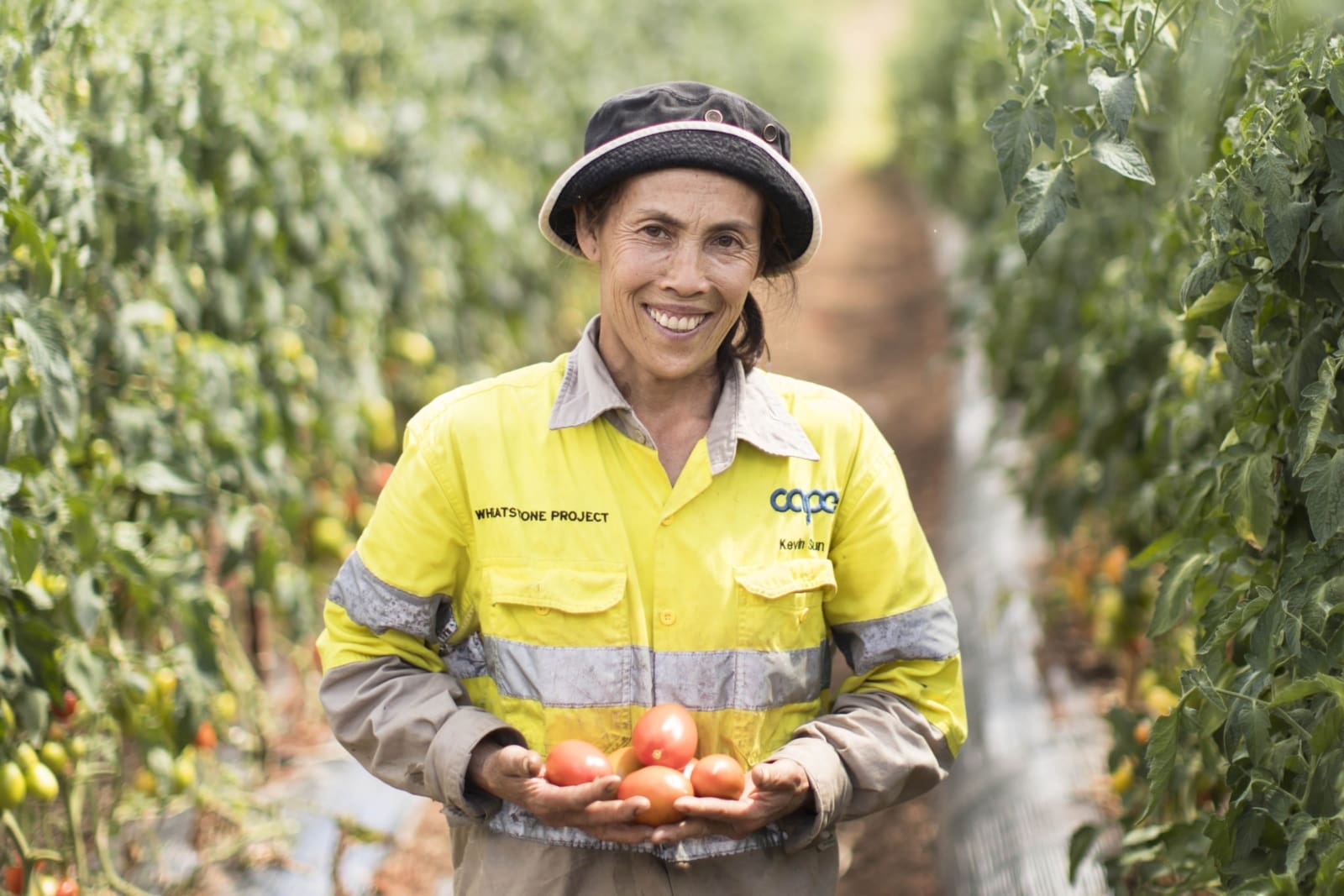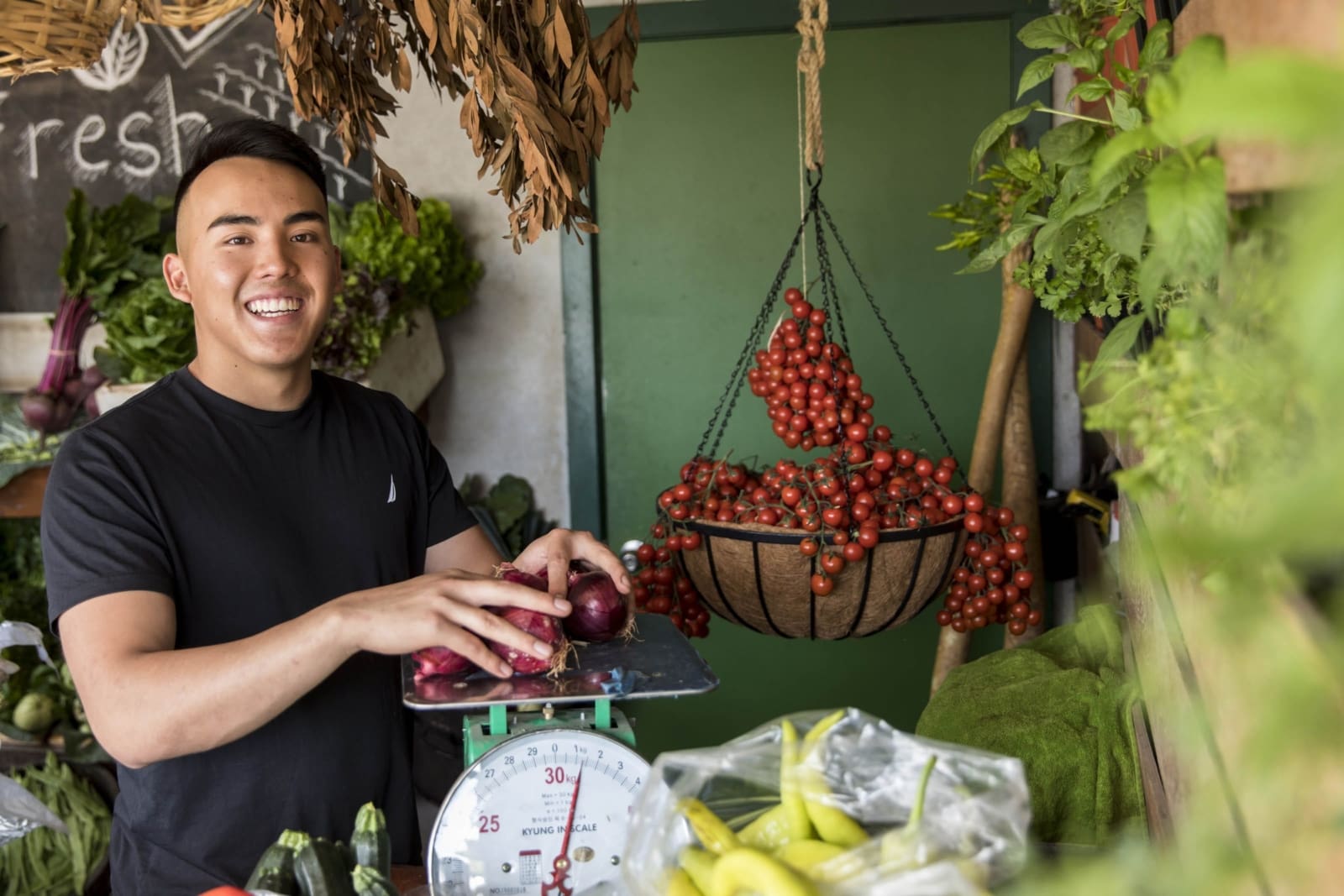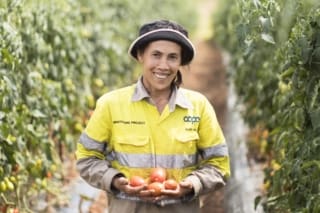The Urban Food Bowl

People that live in cities and urban environments are struggling to access healthy, affordable, and fresh food.
GroupGSA has worked on the Horsley Park Urban Farming Master Plan for the Western Sydney Parklands.
The project won an award for Planning in the 2020 Australian Institute of Landscape Architects, NSW Chapter.
The re-localisation of food production through urban farming provides an opportunity to access food which is produced and distributed in a district level – as a form of domestic urban food security.
Urban farming occurs at a variety of scales ranging in intensity from household gardens to market gardens, greenhouses, and commercial urban agriculture. It integrates urban economic, ecological, and social systems and networks.
The purpose of urban farming is to provide safe food for our cities in an economically efficient and environmentally friendly manner, with sustainable distribution and production systems. Inherent to the concept of urban farming is keeping food production close to population centres to reduce the energy footprint of food transportation, often referred to as ‘food miles’.
The environmental benefits to regions which incorporate food growing areas into their urban fabric include more resilient urban ecosystems, reduced heat island effect, improved air quality, and improved stormwater management.

However, when talking about food in our society, there is an obvious deep-seated passion for growing and production. One of the core benefits of urban farming is the pleasure in accessing locally grown fresh foods. With our love of food culture and all things food, there is a high value placed in understanding where and how food is grown. The visibility of food growing in our urban environments keeps us connected to the reality of processes and seasonality.
Within our cities, food growing areas also have the potential to become food based agri-tourism destinations. Typically, local market gardeners are focused on getting produce to the main food markets. However, by creating new food hubs for smaller markets, distribution, and small to mid-scale production, these centres can become part of the local economic and urban fabric offering a range of employment opportunities. Food hubs create connections between urban farmers, food production, retail and dining.
By emphasising the ‘local’, these food hubs can provide new outlet opportunities for the food producers which celebrate the diversity of food knowledge, celebrating local cultures and cuisines.
